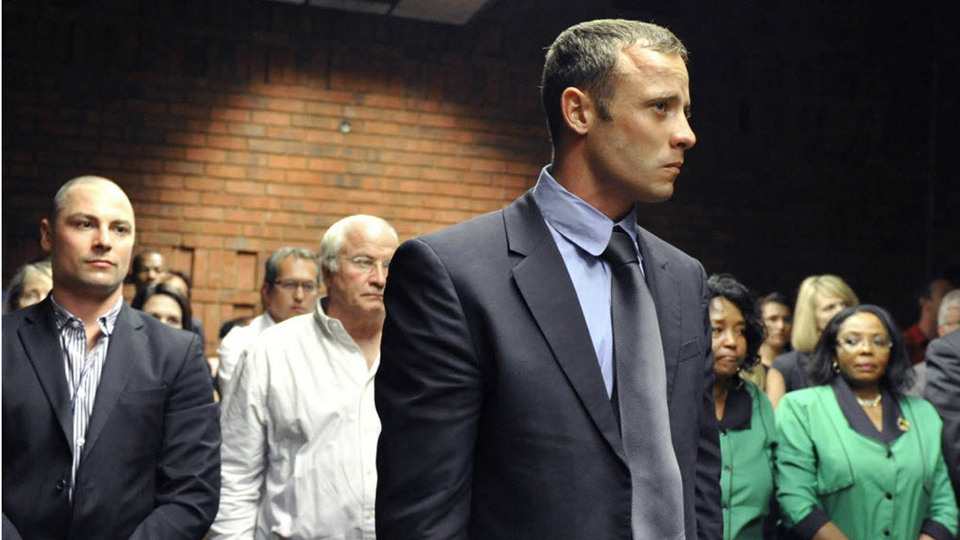In a year in which we’ve been bombarded with sports scandals, the recent news of famed Olympic and Paralympic runner Oscar Pistorius shooting and killing his girlfriend, model Reeva Steenkamp, still came as a shock to the world. After making history by being the first athlete to compete in both the Olympic and Paralympic games in London, Pistorius—also known as “The Blade Runner”—inspired the world with his determination and remarkable story. After a week of allegations that Pistorius murdered Steenkamp, a former law student, a four-day bail hearing that concluded on February 22 confirmed that Pistorius was at fault, and he was charged with premeditated murder.
Pistorius’ reputation has irrevocably been tarnished; this comes as yet another blow to the world of sports and the fans who look up to athletes like Pistorius as role models.
“It’s upsetting that whenever an athlete makes world news it’s regarding scandals such as Lance Armstrong, Manti Teo, Jerry Sandusky, or Oscar Pistorius. It seems like more athletes are turning into public [antagonists], then they are idolized. The media attention is giving us athletes a bad name,” says Kyle Kuczynski, a third-year history and political science major and centre on the UTM hockey team. “Most athletes will maintain a level of professionalism to protect their image, but at the end of the day, they’re still human and mistakes will happen. It’s unfortunate that scandals outside of their athletic careers are more newsworthy than their athletic accomplishments.”
Pistorius had his legs amputated when he was 11 months old after being born with fibular hemimelia in both of his legs. He did not let his disability stop him from participating in sports, and partook in water polo, wrestling, tennis, and rugby from an early age. His success at the Paralympics amounts to six gold medals since he began competing in 2004 in Athens. Pistorius recently became the first man to compete in both the Paralympic and Olympic Games when he competed in the men’s 400 metres and the men’s 4×400-metre relay in London last year.
Kuczynski believes Pistorius has been in a downward spiral since he started making allegations against Vincent Kiilu of the Kenyan national team, who, during the 4×400-metre relay, was believed to have cut in front of South Africa’s Ofentse Mogawane, causing both runners to fall. Pistorius and his South African team accused Kiilu of interference.
“I don’t think the public will allow him to return to his former glory,” says Kuczynski. “I don’t know all of the circumstances of the case, but I read his affidavit and it’s an unconvincing alibi.”
As many still struggle to come to terms with the criminal actions of the renowned runner, it is certain that Pistorius’ lauded career has come to an abrupt end. Pistorius has been released on a bail of $1 million South African rand and will make his next scheduled court appearance on June 4.

